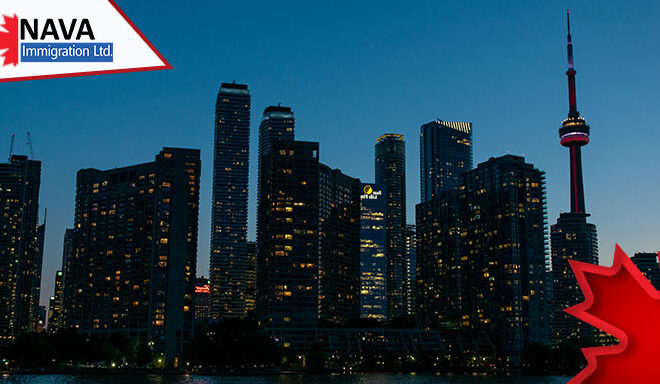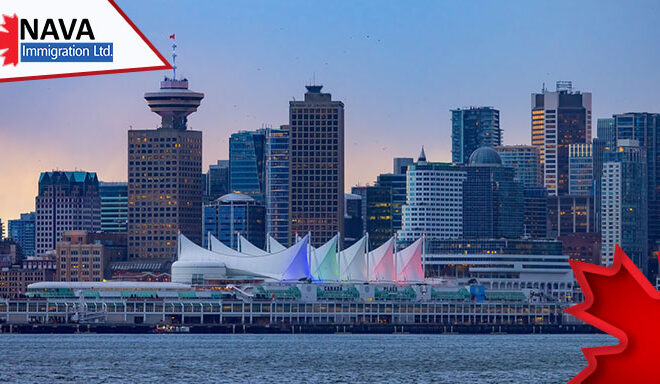First Nations Premier – A Promise For More Healthcare Workers
Manitoba created history last week when it elected Canada’s First Nations premier.
The leader of Manitoba’s NDP, Wab Kinew, was elected on October 3 & will be replacing the Conservative Premier Heather Stefanson. He is a former rapper, author, journalist, & the first director of indigenous inclusion at the University Of Winnipeg. Moreover, he was elected as the leader of Manitoba NDP in 2017.
Irrespective of the historical significance of his election as a First Nations premier, Kinew won because of his promises to improve the provincial healthcare system.
In order to follow through with these promises, the province will likely need more newcomers to fill vacant positions.
For instance, Kinew had promised to hire over 300 nurses & 400 physicians over four years, thus establishing a task force for leading a recruitment campaign.
Moreover, he also promised to hire over 300 paramedics by the end of his first term. As a result, this will speed up the accreditation process for internationally educated health professionals & restore health coverage for international post-secondary students.
Recruiting Applicants From Abroad
In response to the First Nations premier, the number of healthcare professionals Kinew has promised to hire aligns with the Doctors Manitoba report. The report states that apart from hiring from overseas, the province must also consider healthcare professionals from the US.
In addition, Manitoba is presently leading a recruitment effort for nurses from the Philippines. Well, the province says it will assist nurses residing in the Philippines in navigating the immigration process & provide paid licensing and bridging education wherever necessary.
Moreover, it will also provide paid travel to Manitoba, along with accommodation allowance, workplace orientation, mentorship, one-on-one support, etc.
In a declaration last July, Manitoba asserted that over 300 internationally educated nurses from the Philippines had accepted employment offers to work at different sites.
Immigrate To Manitoba
Historically, Manitoba has been a leader in Canadian immigration strategy. In 1998, the province launched its first PNP in Canada.
The PNP is an economic immigration program managed by each Canadian territory & province, except Quebec & Nunavut.
The program allows provincial governments to select immigration applicants who will best serve to fill labor gaps & strengthen the economy.
In its primary year, the MPNP welcomed over 418 new immigrants. In addition, this year, the province has an allocation of 9,500 nominations.
The program was so successful that other provinces adopted PNPs. It is now the most prominent alternative for economic immigration to Canada. Moreover, the Immigration Levels Plan for 2023-25 demonstrates that by the end of 2023-25, over 117,500 immigrants will arrive in Canada via the PNP.
Throughout 2023, the province has been increasing the number of PNP draws that select applicants in specific in-demand professions, like healthcare, manufacturing, transportation, etc.
Manitoba has also introduced a Strategic Recruitment Initiative for employers who are facing a shortage of skilled professionals. Well, through this program, the province had its largest PNP draw of the year on September 28, wherein 1,072 applicants were issued Letters of Advice to Apply.
The initiative works just like the Temporary Foreign Worker Program. If an employer demonstrates an urgent requirement for skilled professionals that the local workforce cannot fill, they might be eligible to hire applicants from the Manitoba Skilled Workers Overseas stream from the MPNP.
Indigenous Population In Canada
Statistics Canada data from Census 2021 demonstrates that there are around 1.8 million Indigenous people in Canada. This accounts for a total of 5% of the overall population.
Over 55% of them reside in Western Canada. Kinew’s election is an integral milestone in representing First Nations people in Canada.
Moreover, the census found that there are 90,990 Indigenous people in Winnipeg, representing the highest number of Indigenous people in any city in any country. Also, there are around 63 First Nations in the province, including 6 of the 20 largest bands in Canada.
Justin Trudeau, Canada’s Prime Minister, congratulated Kinew on his historic win. He further spoke with him the following day about improving healthcare, housing, & advancing reconciliation with Indigenous people.
Canada has recently begun taking steps towards reconciliation with Indigenous people nationwide for racially motivated abuse they have endured since European settlers first colonized the nation.





